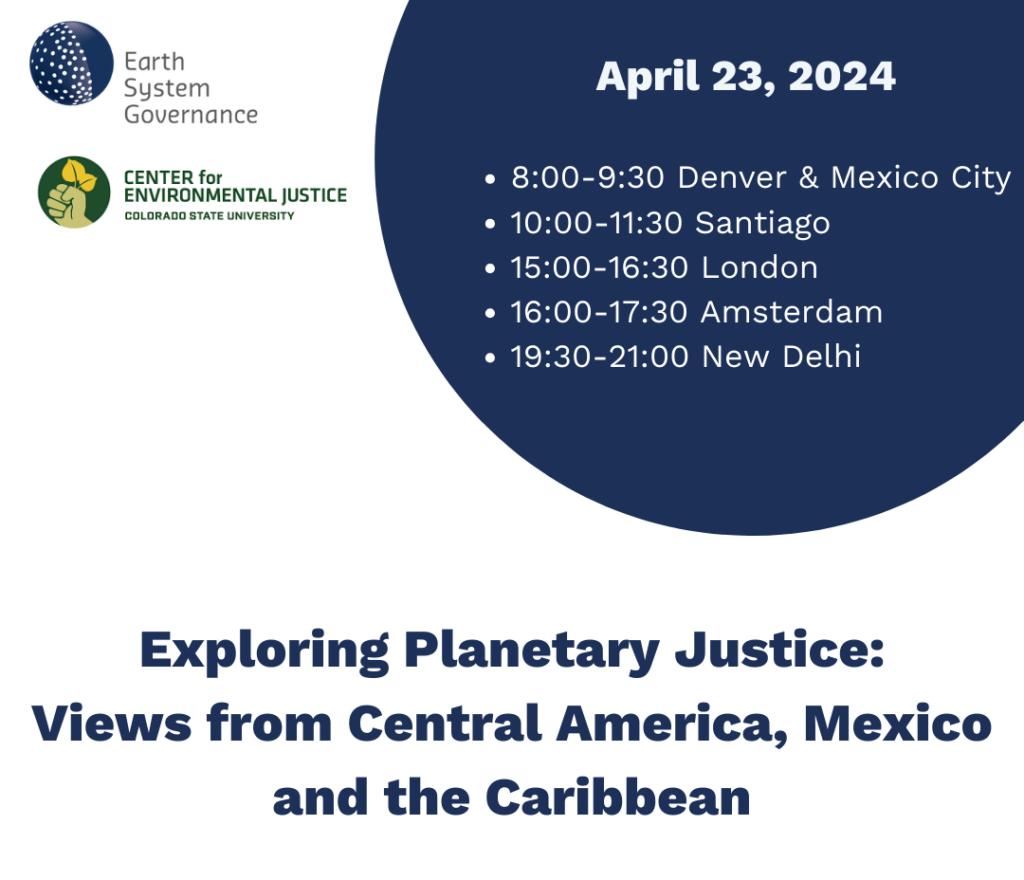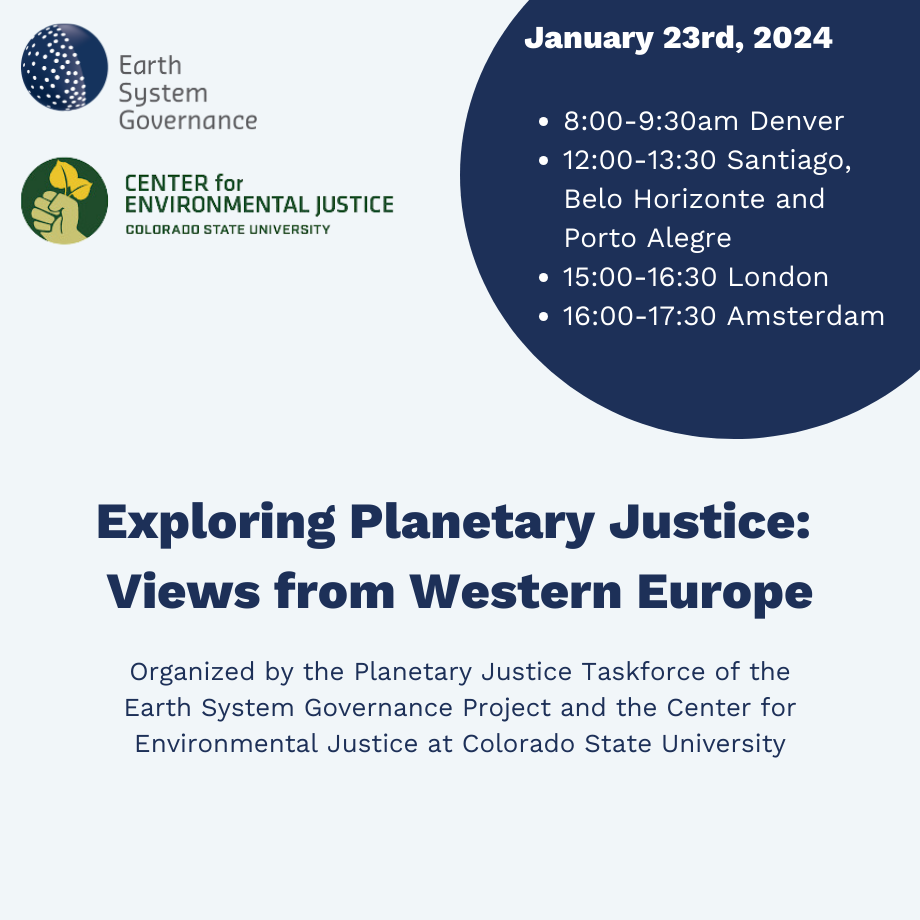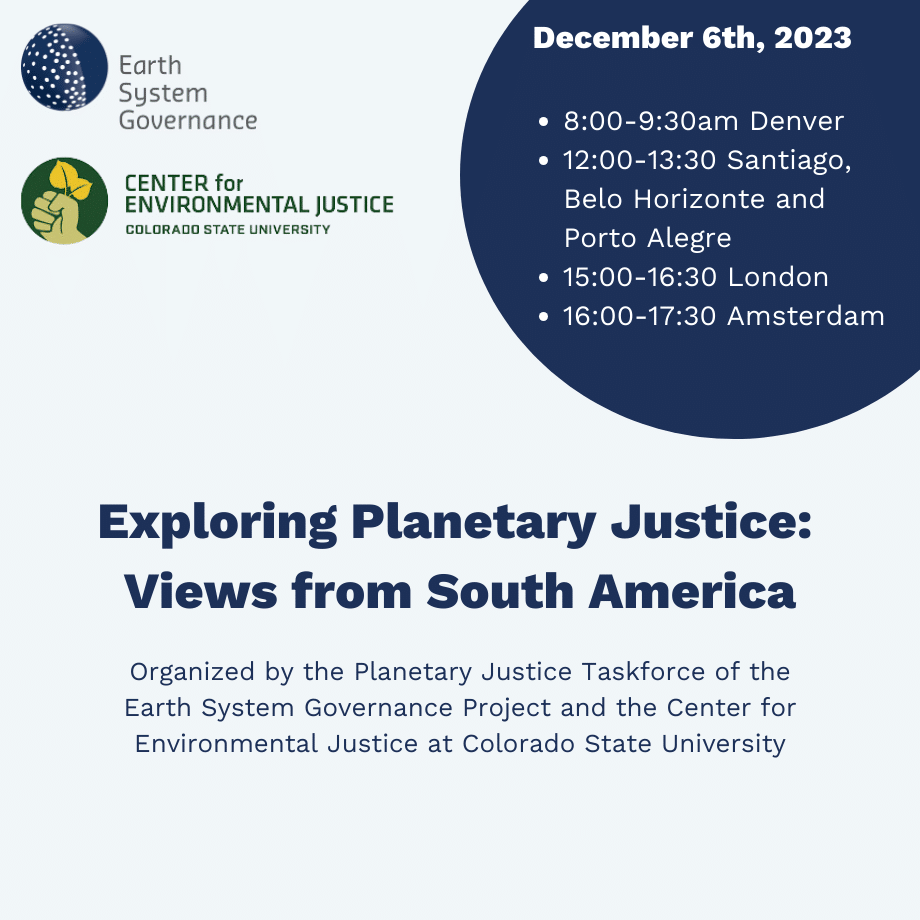| Location | Carpathian Field Station of the Lviv National University (Vorokhta, Ukraine), Olympic Campus “Zaroslyak” (Carpathian National Park, Ukraine), Institute of Ecology of the Carpathians at the National Academy of Sciences of Ukraine (Lviv, Ukraine) |
| Organisiers | Organised jointly by the OSI ReSET Project – Governance of Global Environmental Change; VU University, Amsterdam, The Netherlands; Comenius University, Bratislava, Slovakia; National Academy of Science, Ukraine; Warsaw University of Life Sciences – SGGW, Warsaw, Poland; in cooperation with the European Commission Tempus Project EnGo EC – Environmental Governance for Environmental Curricula, with endorsement by the Earth System Governance Project. |
| Faculty | Matthijs Hisschemöller, Jirina Jilkova, Agnieszka Karczmarczyk, Mykola Kozlovskyy, Maria Kozova, Semjon Kundas, Galina Martsinkevich, Józef Mosiej, Ruben Mnatsakanian, Hans-Peter Nachtnebel, Eduard Podgayskiy, Anton Shkaruba, Iryna Shpakivska, Ruben Zondervan |
The ReSET Summer School 2012 – Local Challenges of the Global Environmental Change capitalised on the experience of the first year of the ReSET project and prepared the groundwork for the development of course contents (including lecture notes and descriptions of case studies) leading up to the launch of the new pilot courses at the participants’ home institutions. The Summer School did this by helping ReSET participants to focus specifically on environmental governance practice-relevant issues and research methodologies. Classroom work pivoted on case studies in order to help participants focus on practical applications of environmental governance issues embedded in pre-selected case studies. In addition, key figures working in higher education in the region also presented at the Summer School sessions. Participants were also given the opportunity to engage with each other and with the Resource Faculty through both group work and individual sessions dedicated to developing course syllabi and course materials.
The Summer School introduced methods for researching local governance systems. It also presented tangible teaching and research skills. Participants were able to get input on how to develop course materials both for the future pilot courses under development, as well for immediate use in their immediate teaching activities at their home institutions. Simultaneously, the value of multidisciplinary enquiry was demonstrated, as was the value of taking both a problem- and policy-oriented approach to the course development. Furthermore, bringing together the ReSET participants and the Resource Faculty as a group provided an opportunity for assessing the available capacity, threats, opportunities and specific challenges related to the respective backgrounds, current occupations, qualifications and level of motivation among the participants.
More information about the “Governance of Global Environmental Change” programme is available here.




